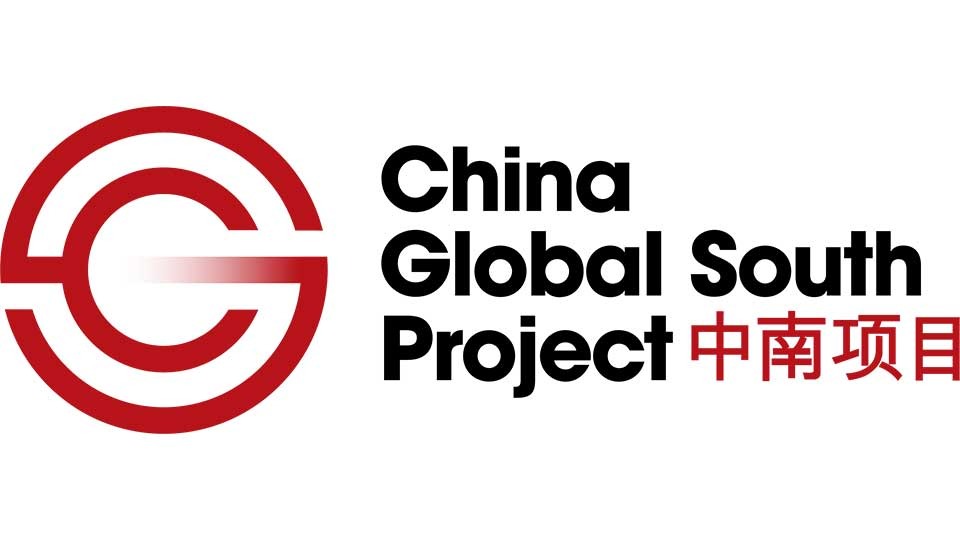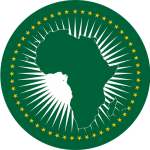
Over the last few months, you may have seen a few changes around these pages. While our focus has always been (and will always be) on Africa, you probably spotted the odd Southeast Asian or Middle Eastern, or Latin American story cropping up.
Soon there will be more of these. In fact, we are gearing up for a major change. From next week, we are officially rebranding to the China-Global South Project.
This shift is motivated by a few key realities. But before I get to them, I want to assure readers that our Africa coverage isn’t going anywhere. We will continue to focus on Africa. However, we’re increasingly seeing our mission as not only covering the Africa-China relationship but putting it in a global context. For us, Africa will always be the heart of the Global South. However, we feel the urgent need to trace the arteries and veins that connect that heart to the rest of the body.
This is because we feel some frustration with how the Africa-China relationship has become siloed in the contemporary discourse. The relationship is routinely framed as something separate or unique. This framing plays into the insidious way the continent is singled out as uniquely risky, or uniquely challenged. It feeds – frankly, racist – perceptions that still dominate Global North discourse on the continent.
It also deprives African thinkers of useful dialogues with their counterparts around the world. A recent project I oversaw for the South African Institute of International Affairs comparing Chinese infrastructure projects in Africa and Southeast Asia revealed how many of the same issues crop up between Chinese companies and local communities: imported labor, damaged ecosystems, and opaque contracts are only the start.
That project also revealed that in some cases, African governments have been more effective in getting what they want from China than their Southeast Asian colleagues. Without these comparisons, African successes remain invisible.
China’s global rise is increasingly pushing our African coverage further afield. For example, the recent discussions of a possible Chinese military base in Equatorial Guinea couldn’t but be connected to Beijing’s new security pact with the Solomon Islands. This is true for many other hot-button issues as disparate as battery metals, infrastructure lending, and ICT provision.
Looking at Africa-China relations in a global context allows us to see which initiatives road-tested in Africa are being rolled out transnationally. It also reveals how the wider Belt and Road is increasing the competition faced by African resource exporters while adding new options for trilateral cooperation, and highlighting the role of cross-cutting problems like climate change and global pandemics.
For these reasons, we’ll increasingly provide accounts of Chinese activities throughout the Global South, with a strong focus on comparative perspectives. With our rebranding to the China-Global South Project, we’ll expand our podcast feed to one Africa-focused and one Global South episode per week. The expansion of our services into French and Arabic sister sites also provides us the opportunity to extend these conversations into the MENA region, while better serving African audiences.
That said, it’s important to state what the expansion won’t cover: we’re not expanding into the relationship between China and the Global North, beyond its implications for the Global South. Other outlets already ably cover the China-U.S./Australia/Europe/Japan relationships, and they don’t need any help from us. And while we’ll delve into China’s relationships with Global South powers like India, we’ll try to keep these in a comparative frame. You don’t have to worry that Africa will disappear from these pages.
We hope that you’ll join us on the next phase of this journey. This is new territory for us, and we’d be very grateful for any insights, advice, and corrections.
Southwards, together!









